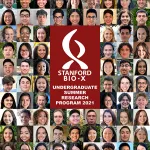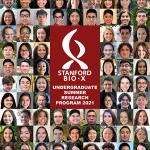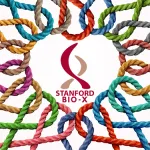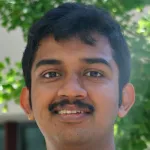USRP Talks - July 14, 2021
USRP Talks - July 7, 2021
USRP Talks - June 30, 2021
USRP Talks - June 23, 2021
Additional 2021 USRP Talks
Stanford Bio-X Talks in English (T.I.E.) - via Zoom
Introducing a broad range of scientific research in the Stanford Bio-X community through jargon-free lectures and discussion.
ALISON MARSDEN, Professor of Pediatrics (Cardiology) and of Bioengineering, “Personalized Computer Models for Surgical Planning in Cardiovascular Disease”
JOSHUA MAKOWER, new Director of the Stanford Byers Center for Biodesign, “Developing the Future of the Stanford Byers Center for Biodesign”
Please note:
This and other Stanford Bio-X seminars and events will be conducted virtually over Zoom. Please join the meeting with the information on the webpage and mute your computer's audio if needed.
Stanford Bio-X Talks in English (T.I.E.) - via Zoom
Introducing a broad range of scientific research in the Stanford Bio-X community through jargon-free lectures and discussion.
KRISTY RED-HORSE, Associate Professor of Biology, “When two roads meet during development: convergent cell differentiation in the mouse and human heart”
SERGIU PASCA, Associate Professor of Psychiatry & Behavioral Sciences, “How the Brain Builds Itself”
Please note:
This and other Stanford Bio-X seminars and events will be conducted virtually over Zoom. Please join the meeting with the information on the webpage and mute your computer's audio if needed.
Stanford Bio-X Talks in English (T.I.E.) - via Zoom
Introducing a broad range of scientific research in the Stanford Bio-X community through jargon-free lectures and discussion.
JONAS CREMER, Assistant Professor of Biology, “Grow with the flow - bacterial biomass accumulation along the human intestine”
SUSAN HOLMES, Professor of Statistics, John Henry Samter Fellow in Undergraduate Education, “Is this just a spelling error?”




